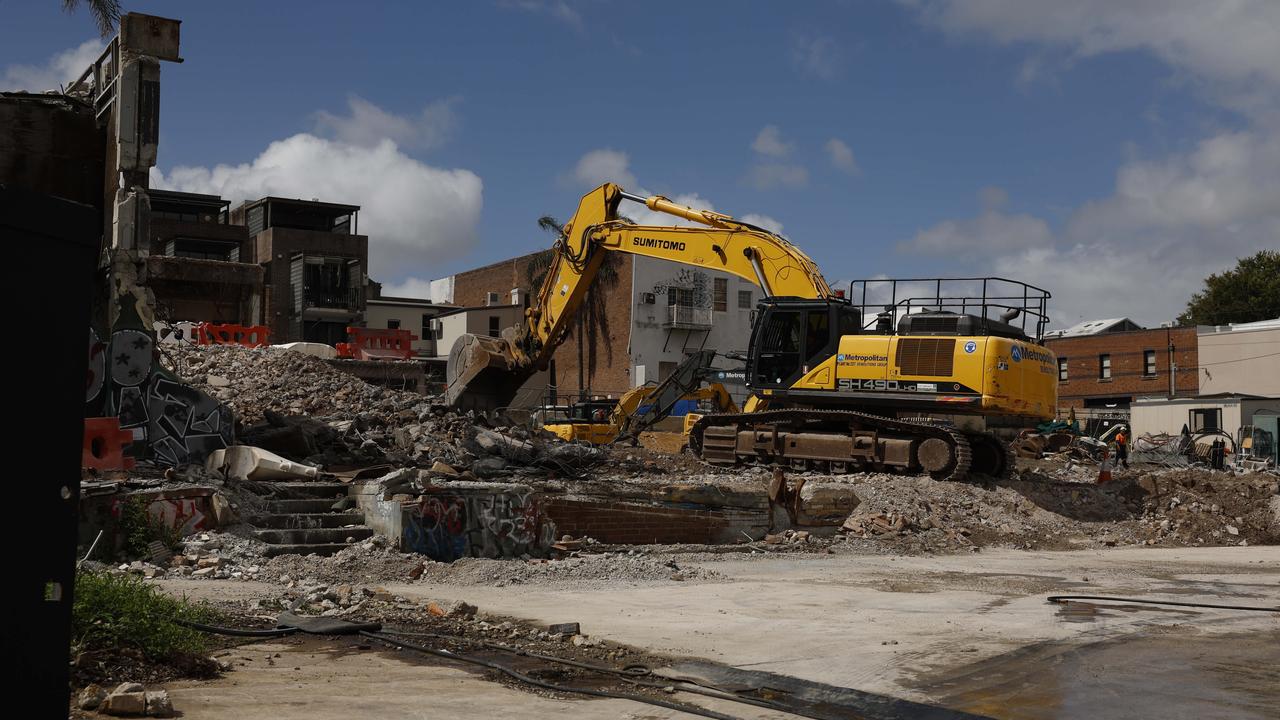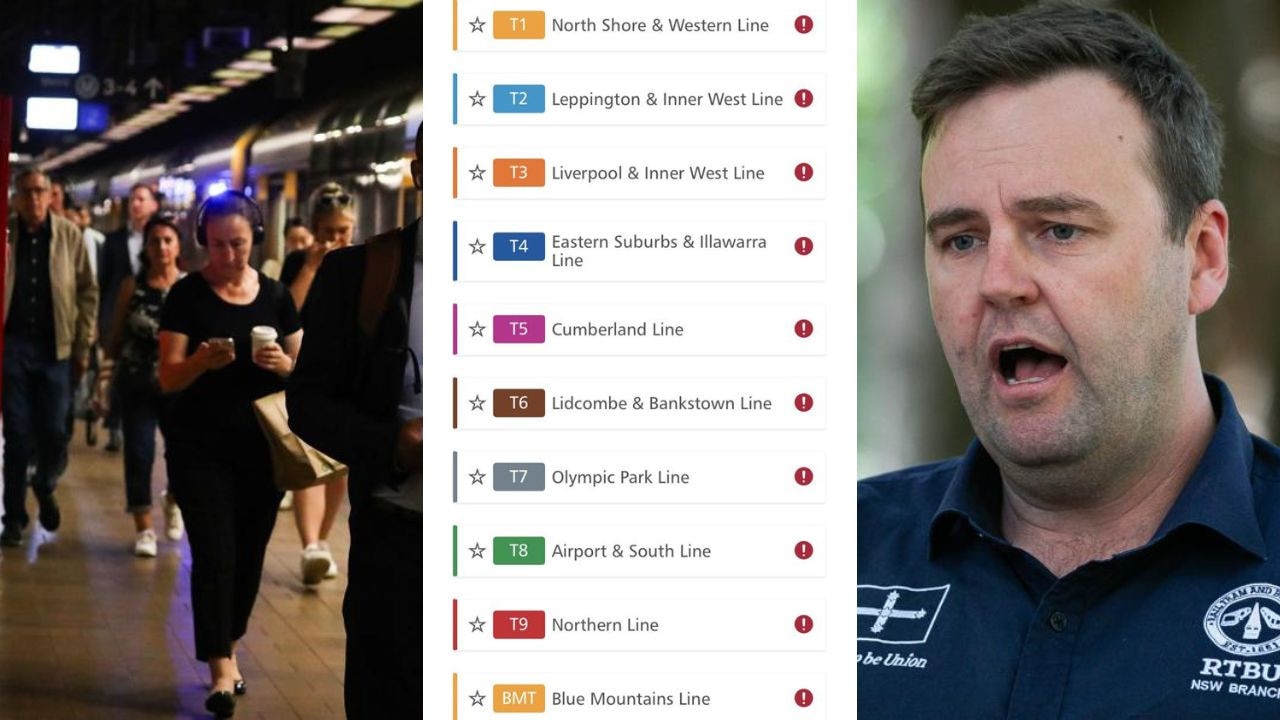Ice Commissioner to look at all options in the battle of drugs
Pill testing at dance festivals and holding public hearings in towns ravaged by drugs are among measures being considered by the state’s new Ice Commissioner Professor Daniel Howard, The Sunday Telegraph can reveal.
NSW
Don't miss out on the headlines from NSW. Followed categories will be added to My News.
Pill testing at dance festivals and holding public hearings in towns ravaged by drugs are among measures being considered by the state’s new Ice Commissioner Professor Daniel Howard.
Tasked with creating an “ice battle plan”, Prof Howard has pledged to also review school education programs and the shortage of treatment facilities for drug users.
Another focus of his Special Commission Of Inquiry Into Ice — expected to be completed before October — will be the devastating impact on frontline workers such as police and ambulance officers.
In one of his most contentious initiatives, Prof Howard said he was “keeping an open mind” about pill testing, a controversial concept not supported by Premier Gladys Berejiklian.
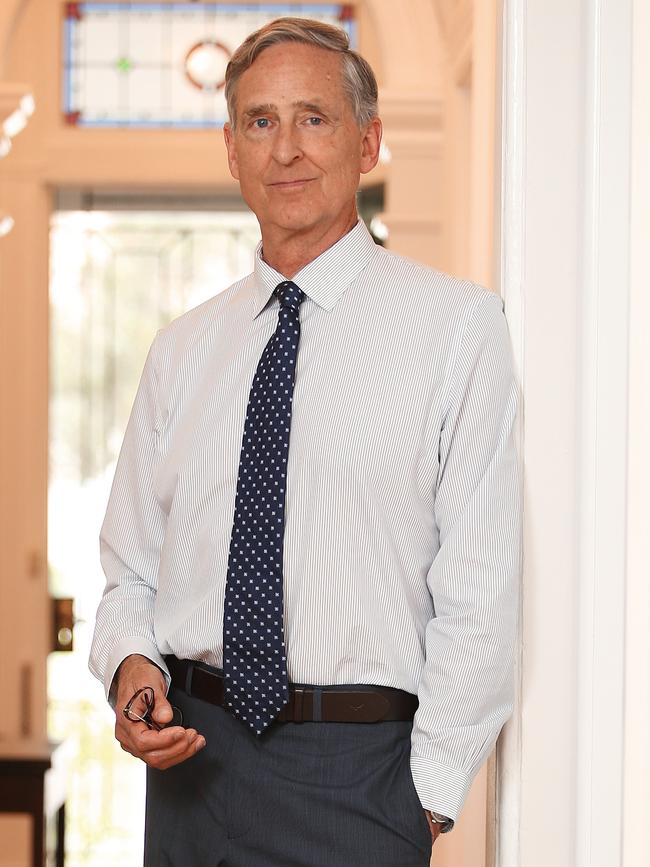
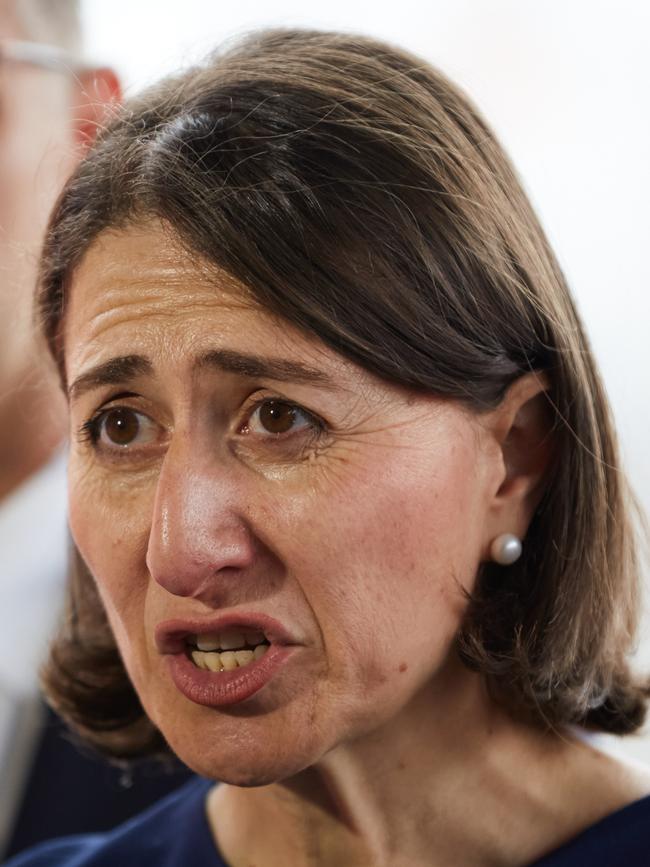
MORE FROM MIRANDA WOOD
PM GROUNDS FEDERAL MPS OVER CHRISTMAS
SYDNEY TO HOBART FAVOURITE TO RACE FOR LATE TEEN
‘THIEVING’ TRAIN COMMUTERS TARGETED IN OPAL CRACKDOWN
Such a move would allow people intending to use drugs to have them tested to ensure they were not mixed with other more dangerous substances.
“I don’t think I can ignore the fact that even though ice isn’t necessarily as associated with these concerts as ecstasy, it does seem that problems might arise from people using pills that actually have methamphetamine in them,” the former NSW crown prosecutor said.
“I’m keeping an open mind as to the breadth of what I do look into because I just don’t feel I can look at ice in isolation from the drug culture at large.”

Describing ice as “highly addictive” and “affordable”, Prof Howard, former president of the NSW Mental Health Review Tribunal, said the drug was not only tearing families apart, but also entire communities.
With this in mind, he wants “to listen to what people are going through with this”.
He said: “It’s not just affecting the person taking the drug, it’s affecting their families, it’s affecting their children who might end up being put in foster care, it’s affecting our frontline resources which cost the taxpayer money — it goes on and on.
“I have powers to hold public hearings and it’s quite a powerful instrument that really bespeaks a real seriousness on the part of this government which I’m very pleased to see.”
Methamphetamine, also known as crystal meth, is available in three forms: ice, speed and base.
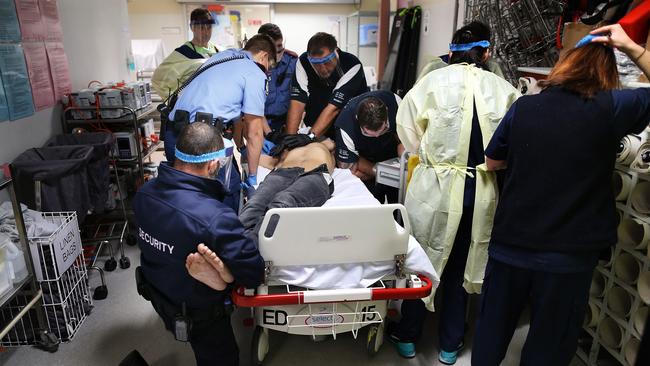
The 2016 National Drug Strategy Household Survey found that 1.3 million Australians aged over 14 had used methamphetamines, with ice being the drug of choice among recent users.
The initial effects of crystal meth can last up to 12 hours and are usually felt quickly if smoked or injected. Long-term effects for regular users include anxiety, paranoia and violence.
Prof Howard said: “I think all the figures seem to show that among users of methamphetamines there is an increase in the tendency to use ice, which is the worst possible and most dangerous form of it.”
During the inquiry, Prof Howard will also establish a panel of experts, map the ice “troublespots” and liaise with the Police Commissioner Mick Fuller and the drug squad.
At the announcement of the ice inquiry last month, Mr Fuller said data revealed demand for ice was increasing.
“In the past 12 months alone the amount of labs that we have found are up by 50 per cent. The seizures of pseudoephedrine, which is a precursor to ice, is up significantly,” Mr Fuller said.
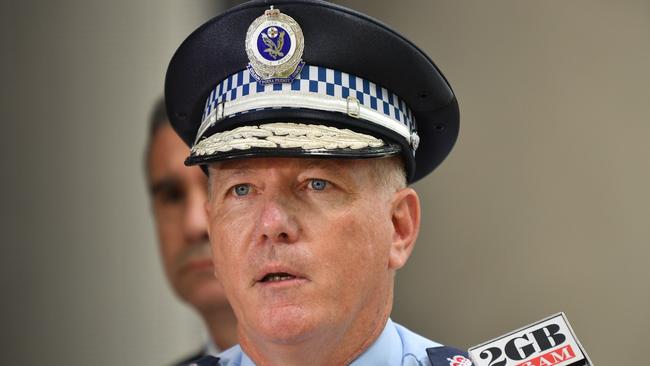
Prof Howard’s final report must include the nature, prevalence and impact of ice, the adequacy of existing measures against it and the options to strengthen the state’s response to ice including law enforcement.
“We’re going to look at what’s been done internationally, what’s been done interstate … and try to come up with something that is cutting edge and will be really useful policy,” he said.
“It needs to be addressed and we need to help people with it.”
Treatments and health funding for ice users, considered inadequate by leading experts, are also on the agenda.
“There is still a shortage of treatment facilities — that’s my understanding and that’s something else that I’ll be looking at closely,” Prof Howard said.
St Vincent’s Hospital Sydney’s Alcohol and Drug Service clinical director Associate Professor Nadine Ezard said users need access to treatment earlier.
“We need a joined up system so that people can get help when and where they need it,” she said.
‘ZOMBIES IN THE STREET’
In 2015, on the outskirts of Dubbo, an elder known as Riverbank Frank, was helping young addicts at a local community centre.
“It’s epidemic proportions,” he said then.
Three years on and Riverbank, 57, says nothing has changed.
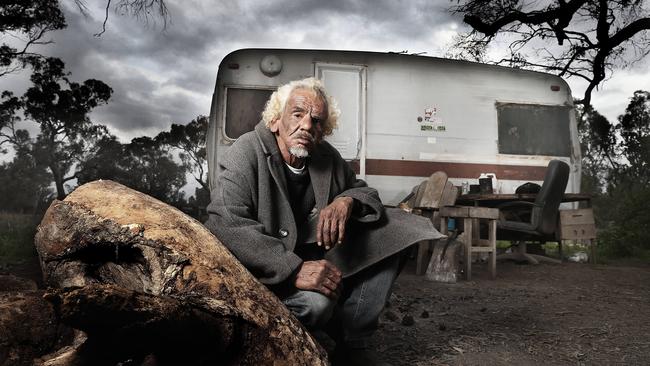
“It’s got worse than bad,” he says.
“In Brewarrina, Walgett and Wilcannia I could go to one funeral a week in anyone of those communities.
“It’s pretty bad. In Dubbo, we’ve got zombies walking up and down the main street.
“There’s been a push in recent times to have a rehab facility somewhere close by, and we need it.
“The drug’s gotten in deeper. I know it has.
“From my observations, the people using are younger and younger. The only place they can send them is jail. Economically, it’s a crazy exercise because they are addicts. It’s a health condition.”
Originally published as Ice Commissioner to look at all options in the battle of drugs

